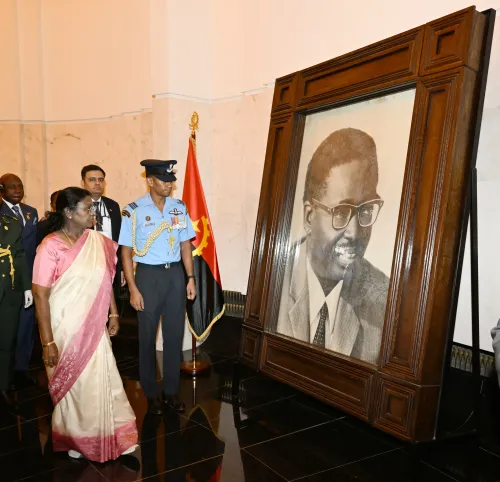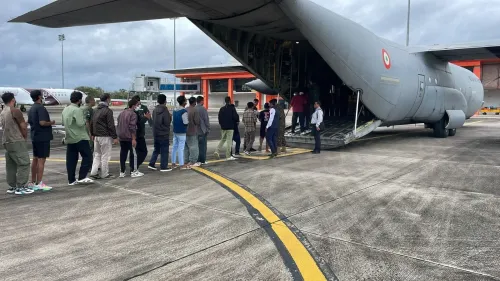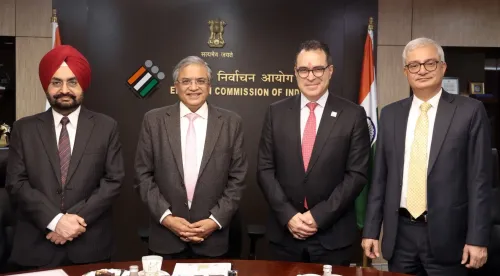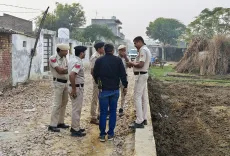Why Are Baloch Families and BYC Alarmed Over Justice in Balochistan?
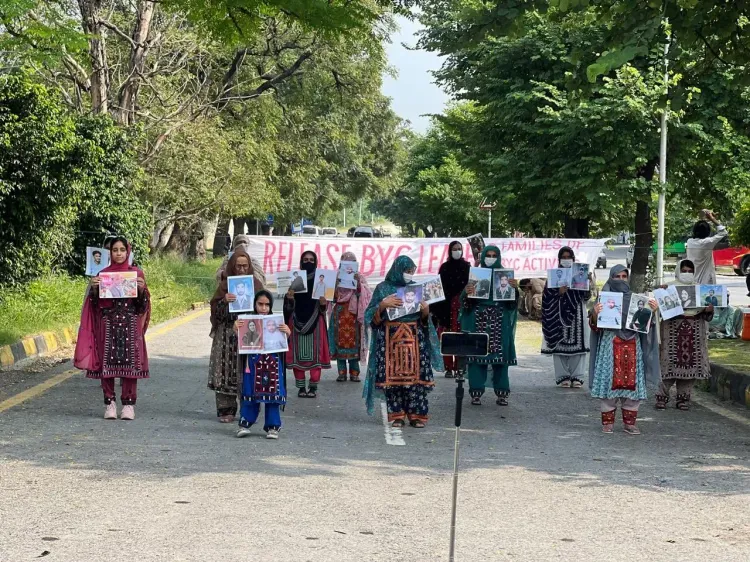
Synopsis
Key Takeaways
- Baloch families have been protesting for justice for over 55 days.
- The BYC claims over a thousand enforced disappearances have occurred in 2025.
- Detentions of BYC leaders highlight challenges in the justice system.
- Courts are perceived as ineffective against powerful Pakistani institutions.
- Public support for Baloch rights remains crucial in addressing these issues.
Quetta, Sep 9 (NationPress) Families of Baloch individuals who have gone missing, alongside members of the human rights organization Baloch Yakjehti Committee (BYC), have expressed their deep apprehensions regarding the persistent lack of justice in Balochistan. They argue that the courts seem to be rendered ineffective against the might of powerful Pakistani institutions.
During a press conference held in Islamabad, the families disclosed that they have been conducting a sit-in for more than 55 days in the capital, demanding justice and a cessation of enforced disappearances. They criticized the response from Pakistani authorities as “oppressive and non-transparent.”
They further claimed that Pakistani forces operate with total impunity in Balochistan, engaging in acts of violence against civilians in broad daylight, devoid of any meaningful oversight or accountability. The courts, which are intended to serve as the final refuge for justice, find themselves powerless against these powerful institutions.
The BYC reported that within the first eight months of 2025, more than a thousand enforced disappearance cases have been documented across Balochistan.
In regard to the detention of its leadership, the rights organization contended that the Jaffar Express incident in March was manipulated as justification for a coordinated campaign against its leaders. They emphasized that these leaders remain imprisoned without any proven charges, as reported by The Balochistan Post.
The BYC criticized the Pakistani authorities for utilizing the Maintenance of Public Order (MPO) law to detain leaders, with courts routinely approving remand extensions without demanding accountability from Pakistan's Counter Terrorism Department (CTD).
They also highlighted that lawyers have persistently requested remand reports, yet courts have lacked the courage to challenge the CTD.
The rights group stated that numerous cases have been brought against its leaders in the past two years for peaceful demonstrations and video statements, but only three have reached a conclusion, while over 30 remain unresolved.
The BYC condemned the court for granting another five-day remand for Mahrang Baloch, the chief organizer of BYC, along with other leaders at a recent hearing, contradicting earlier assurances that no further extensions would be granted. They noted that this extension was approved on a public holiday, preventing lawyers and family members from attending due to road blockades.
Protesters raised the question of how an ordinary Baloch, such as a shepherd, could anticipate justice when peaceful political activists are denied it.


